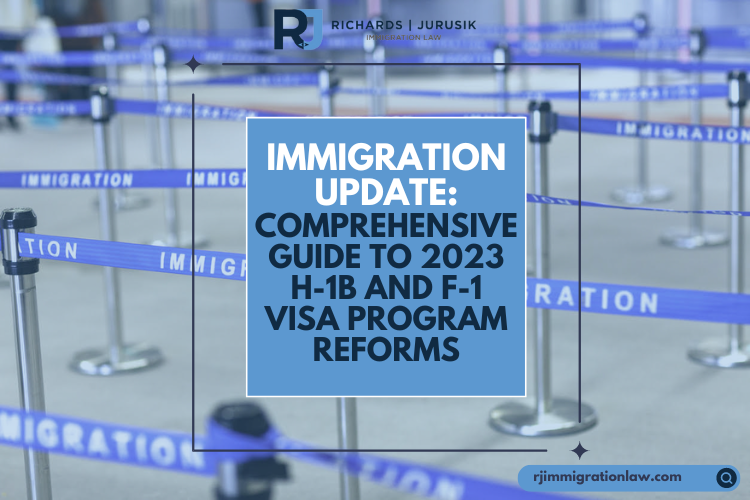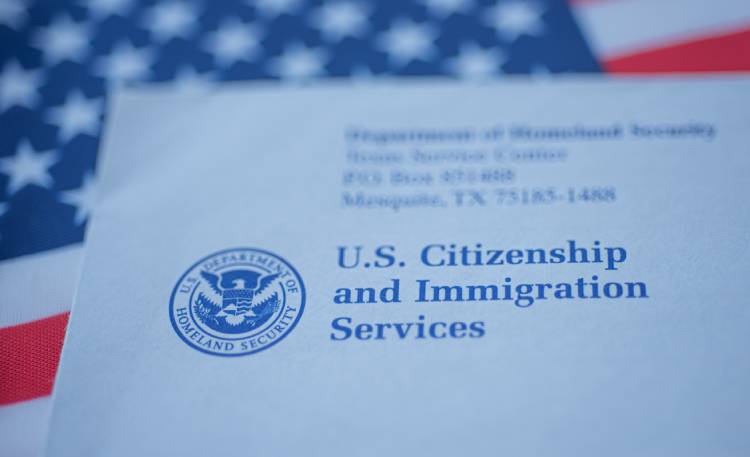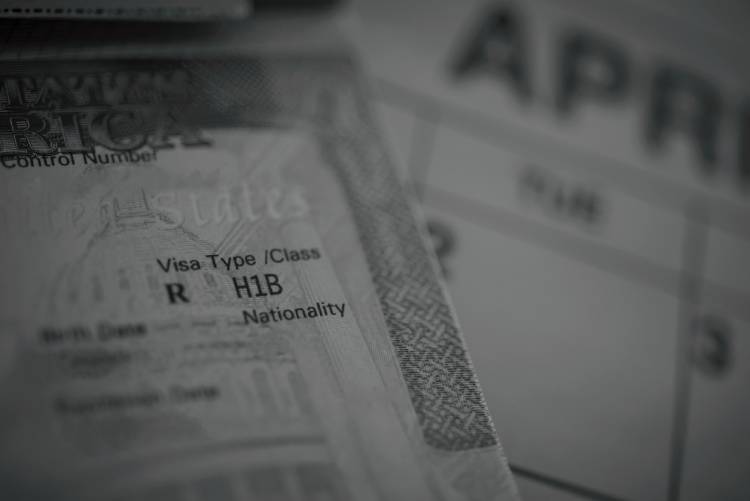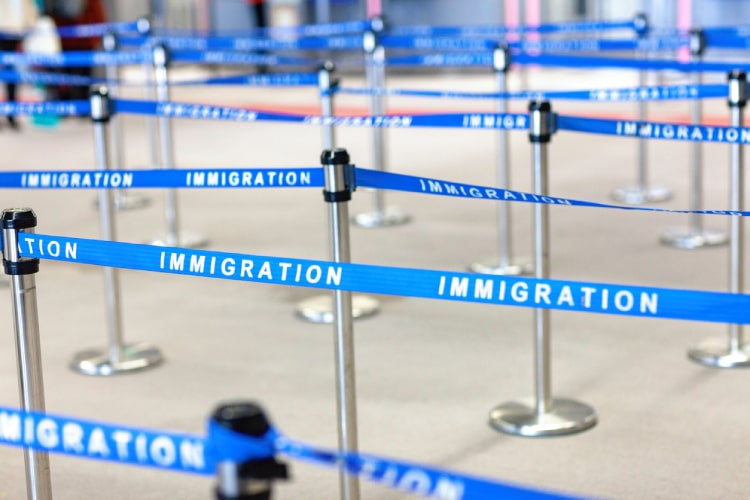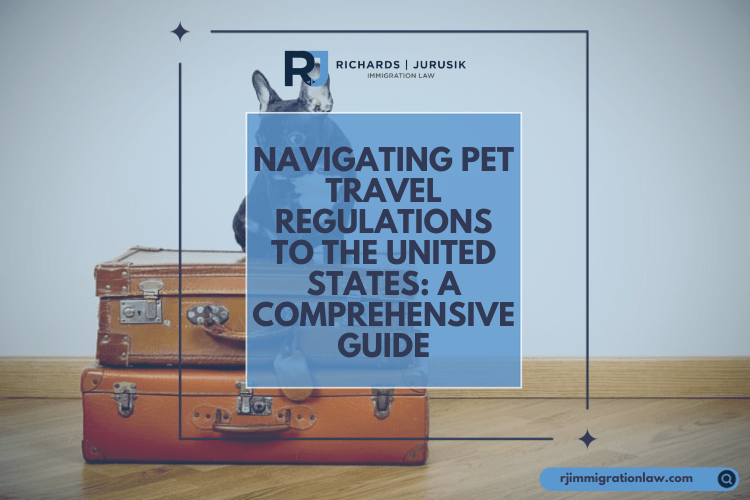In a significant move, the U.S. government unveiled updates to the H-1B visa requirements and enhancements in the F-1 student program as of October 2023. This article thoroughly explores these changes, focusing on their relevance to Canadian and Mexican nationals.
In-Depth Analysis of H-1B Visa Requirement Changes
Expanded Eligibility for Specialty Occupations
The definition of “specialty occupations” has been broadened, allowing a more comprehensive range of professions to qualify for the H-1B visa. This includes new categories of specialized knowledge and skill sets that align with emerging industries.
Revised Wage-Level Requirements
Wage-level criteria for H-1B applicants have been revised to ensure equitable pay. The new structure aims to align wages more closely with industry standards and geographical cost-of-living variations.
Streamlined Application Processes
The application procedure for H-1B visas now emphasizes efficiency, with an increased focus on electronic submissions and quicker processing times. This reduces bureaucratic delays and simplifies the process for applicants.
Refined Lottery System
The H-1B visa lottery system has been overhauled to prioritize applicants with higher skills and advanced degrees, ensuring that the U.S. attracts top-tier global talent.
Comprehensive Review of F-1 Program Flexibility Enhancements
Extension of OPT Durations
Optional Practical Training (OPT) duration for F-1 students has been extended, allowing graduates more time to gain valuable work experience in the U.S. post-graduation, particularly in STEM fields.
CPT Policy Modifications
Curricular Practical Training (CPT) policies have been updated to provide greater flexibility. This includes allowing students to engage in part-time work-study programs earlier in their academic courses.
Broader Implications for Workforce Integration
These reforms are designed to attract global talent and facilitate smoother integration into the U.S. workforce. They provide clearer pathways for transitioning from student to work visas and reinforce the rights and protections of international workers.
Specific Consequences for Canadian and Mexican Nationals
These updates present enhanced opportunities for academic and professional growth in the U.S. for Canadians and Mexicans. The reforms could increase successful visa applications from these regions, fostering greater cross-border educational and professional exchange.
Conclusion
The 2023 reforms in H-1B and F-1 visa programs signify a significant stride in making U.S. immigration more accessible and beneficial for international talent, especially from Canada and Mexico. These changes are expected to impact the academic and professional landscape of the U.S profoundly.
Subscribe to Our Resources Blog
Schedule a Consultation with an Immigration Lawyer
Citations
We Can Help!
You may have questions regarding the H1B visa program. We invite you to contact our team at Richards and Jurusik for detailed guidance and assistance. We aim to provide the most accurate and up-to-date information to make your immigration process smoother and less stressful. The immigration lawyers at Richards and Jurusik have decades of experience helping people to work and live in the United States. Read some of our hundreds of 5-star client reviews! Contact us today to assess your legal situation.

